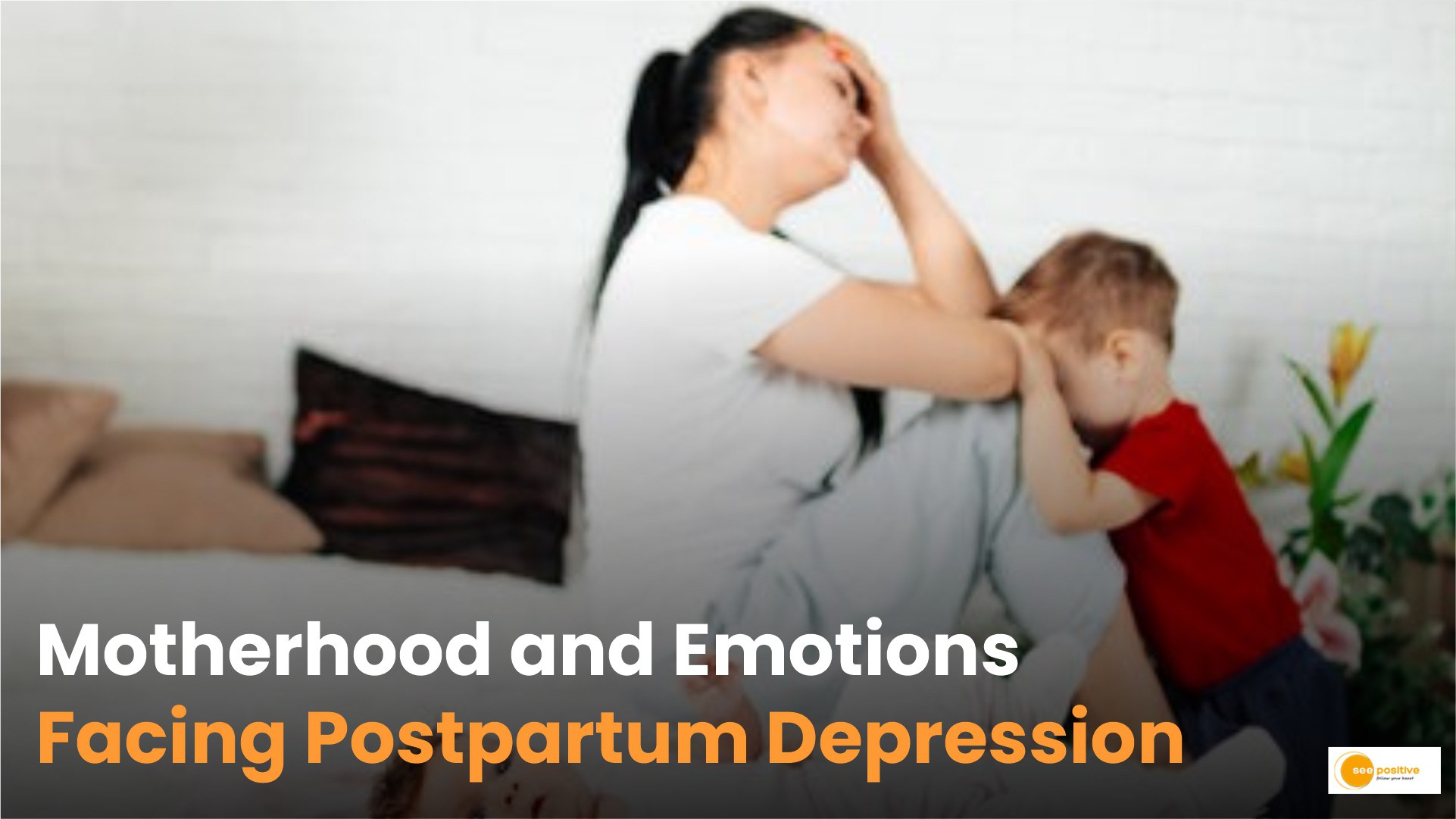Postpartum Depression: Having a baby is a joyful moment for many mothers. But for some, it can also bring unexpected sadness and emotional struggles. This condition is called postpartum depression (PPD). It is more than just feeling tired or stressed. It is a serious condition that needs care and support.
What is Postpartum Depression?
Postpartum depression is a type of depression that happens after childbirth. Many new mothers feel sad, anxious, or overwhelmed in the weeks after delivery. These feelings are called “baby blues” and usually go away in a few days.
But if these feelings last for weeks or months, it may be postpartum depression. This can affect how a mother takes care of herself and her baby.
Causes of Postpartum Depression
The exact cause of postpartum depression is not clear. But some factors can increase the chances of getting it:
Hormonal Changes: After childbirth, hormone levels drop quickly, which can affect mood.
Stress and Lack of Sleep: Caring for a newborn can be stressful and exhausting.
Previous Depression: Women who have had depression before may be more likely to develop PPD.
Lack of Support: Feeling alone or not having enough help from family can make things worse.
Signs of Postpartum Depression
Some common symptoms of PPD are:
– Feeling very sad, hopeless, or empty.
– Crying a lot without any reason.
– Losing interest in things you once enjoyed.
– Feeling very tired or having no energy.
– Having trouble bonding with your baby.
– Feeling like you are not a good mother.
– Having thoughts of harming yourself or your baby (in severe cases).
How to Deal with PPD
If you think you have PPD, it is important to get help. Here are some steps you can take:
1. Talk to Someone: Share your feelings with a friend, family member, or partner. Talking can reduce stress.
2. Visit a Doctor: A doctor can confirm if you have PPD and suggest treatments like therapy or medication.
3. Join a Support Group: Connecting with other mothers who have gone through PPD can help you feel less alone.
4. Rest and Eat Well: Sleep when the baby sleeps and eat healthy foods to regain energy.
5. Ask for Help: Do not hesitate to ask your family or friends for help with the baby or household tasks.
Postpartum Depression Needs Attention
Postpartum depression not only affects mothers but also their babies and families. Mothers with PPD may find it hard to care for their babies. This can affect the baby’s development and emotional health. Early treatment can help mothers recover and create a strong bond with their babies.
At the End
Postpartum depression is common and treatable. It is okay to ask for help when you need it. If you or someone you know is struggling after childbirth, support them with love and understanding. Remember, a healthy and happy mother is important for a healthy and happy baby.


